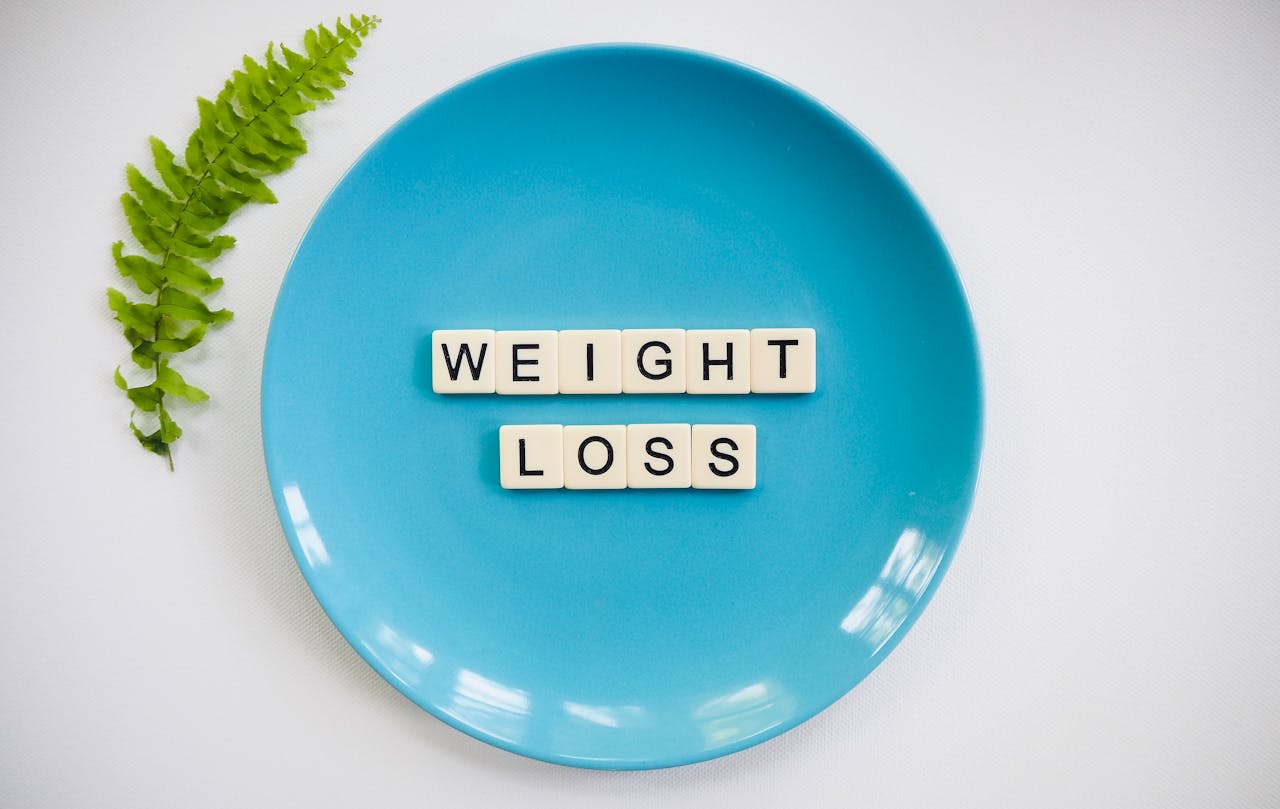Weight loss can be a challenging journey, often filled with highs and lows. While many people focus on diet and exercise, one critical aspect that is often overlooked is the role of hormones in weight loss. Hormones are chemical messengers in your body that regulate various physiological processes, including metabolism, appetite, and fat storage. When your hormones are out of balance, losing weight can become an uphill battle, regardless of how hard you try. In this blog, we’ll explore how to balance your hormones for better weight loss results and overall well-being.
Understanding the Role of Hormones in Weight Loss
Before diving into how to balance your hormones, it’s essential to understand which hormones play a significant role in weight management:
- Insulin: This hormone is produced by the pancreas and regulates blood sugar levels. High levels of insulin, often due to excessive carbohydrate intake, can lead to fat storage and make it difficult to lose weight.
- Cortisol: Known as the stress hormone, cortisol is produced by the adrenal glands. Chronic stress and elevated cortisol levels can lead to weight gain, particularly around the abdominal area.
- Thyroid Hormones: The thyroid gland produces hormones that regulate metabolism. An underactive thyroid (hypothyroidism) can slow down your metabolism, making it harder to lose weight.
- Leptin: Produced by fat cells, leptin regulates appetite by signaling the brain when you’re full. However, leptin resistance, often seen in overweight individuals, can disrupt this signal, leading to overeating.
- Ghrelin: Known as the hunger hormone, ghrelin is produced in the stomach and stimulates appetite. High levels of ghrelin can increase hunger and make sticking to a diet challenging.
- Estrogen: In women, estrogen levels can fluctuate due to various factors, including age, menstrual cycle, and menopause. Imbalances in estrogen levels can contribute to weight gain, particularly in the hips and thighs.
How to Balance Your Hormones for Weight Loss
Balancing your hormones involves making lifestyle changes that support your body’s natural processes. Here are some strategies to help you achieve better hormonal balance for weight loss:
- Manage Your Carbohydrate Intake Insulin sensitivity can be improved by managing your carbohydrate intake. Focus on consuming complex carbohydrates like whole grains, vegetables, and legumes, which are digested more slowly and cause a more gradual increase in blood sugar. Avoid refined sugars and processed foods that can spike insulin levels and lead to fat storage.
- Prioritize Stress Management Chronic stress leads to elevated cortisol levels, which can hinder weight loss efforts. Incorporate stress-reducing activities into your daily routine, such as meditation, yoga, deep breathing exercises, or simply spending time in nature. Adequate sleep is also crucial, as it helps lower cortisol levels and supports overall hormonal balance.
- Support Thyroid Health Your thyroid gland needs certain nutrients to function correctly, including iodine, selenium, and zinc. Ensure your diet includes foods rich in these nutrients, such as seafood, nuts, seeds, and whole grains. If you suspect thyroid issues, consult with a healthcare provider for appropriate testing and guidance.
- Incorporate Healthy Fats Healthy fats are essential for hormone production and balance. Include sources of omega-3 fatty acids, such as fatty fish, flaxseeds, and walnuts, in your diet. Avocados, olive oil, and coconut oil are also excellent sources of healthy fats that support hormone health.
- Exercise Regularly Regular physical activity helps regulate hormones like insulin, cortisol, and thyroid hormones. Both cardio and strength training are beneficial for hormone balance. Exercise also boosts endorphins, which can help manage stress and improve mood, indirectly supporting weight loss.
- Get Enough Sleep Poor sleep can disrupt the balance of hunger hormones, increasing ghrelin and decreasing leptin, leading to increased appetite and cravings. Aim for 7-9 hours of quality sleep per night to support hormonal balance and weight loss efforts.
- Avoid Endocrine Disruptors Certain chemicals found in plastics, personal care products, and household cleaners can act as endocrine disruptors, interfering with hormone function. Opt for natural and organic products whenever possible, and avoid using plastic containers for food storage.
- Stay Hydrated Dehydration can affect hormone production and regulation. Ensure you’re drinking enough water throughout the day to support your body’s natural processes, including hormone balance.
- Monitor Estrogen Levels For women, maintaining a healthy weight and body fat percentage is crucial for estrogen balance. Excess body fat can lead to higher estrogen levels, increasing the risk of weight gain. A diet rich in fiber, along with regular exercise, can help regulate estrogen levels.
- Consult a Healthcare Professional If you’re struggling with weight loss despite following a healthy lifestyle, it may be worth consulting with a healthcare professional to check for underlying hormonal imbalances. Blood tests can identify issues with insulin, thyroid hormones, cortisol, and other critical hormones.
Conclusion
Balancing your hormones is a key component of successful and sustainable weight loss. By understanding the role of hormones like insulin, cortisol, thyroid hormones, leptin, ghrelin, and estrogen, and taking steps to support their proper function, you can overcome obstacles that may have been hindering your progress. Remember that achieving hormonal balance is a gradual process that requires consistent lifestyle changes, but the results are well worth the effort. Not only will you see better weight loss results, but you’ll also enjoy improved energy, mood, and overall health.


